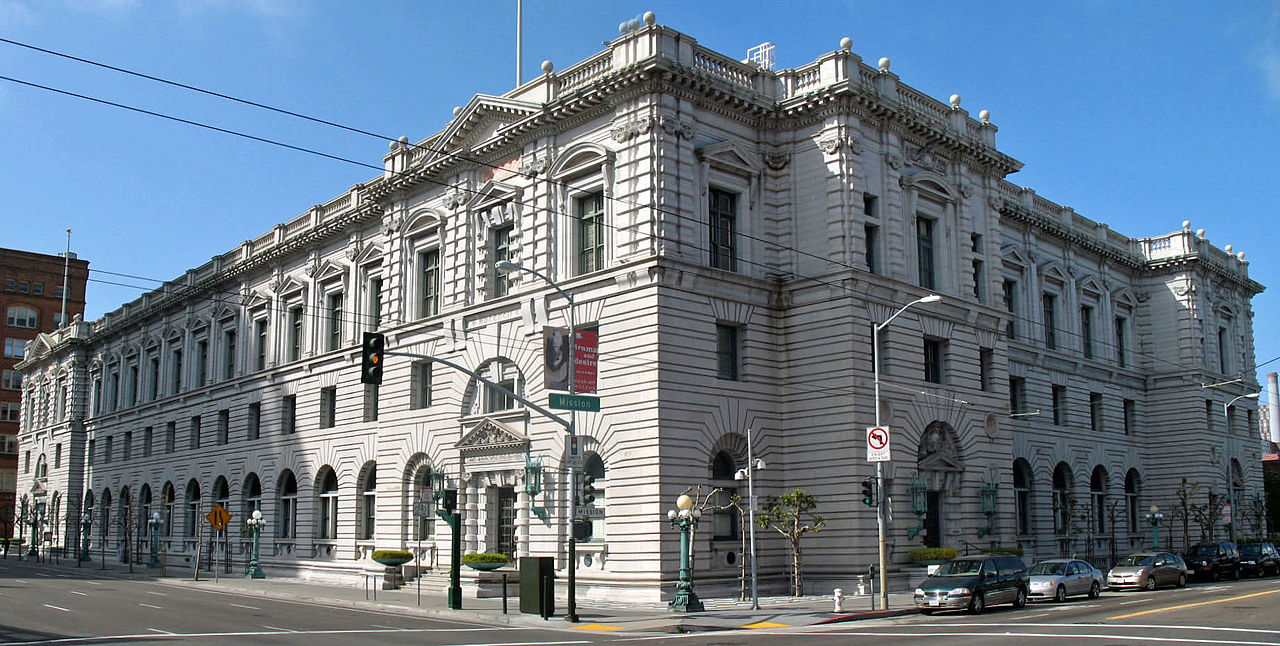
The Freedom From Religion Foundation has submitted a brief in solidarity with the state of California in response to churches challenging pandemic social prohibitory measures.
“The suit, Gish v. Newsom, says that religious services may not lawfully be restricted,” reports a California TV station. “The lawsuit says that the state and some counties have given exemptions to many businesses so that they may remain open, but has forced churches to halt in-person worship services.”
Churches suing first claimed they were discriminated against because certain essential services such as grocery stores are open, a fallacious contention, as FFRF points out in its amicus brief filed before the 9th U.S. Circuit Court of Appeals.
“None of California’s public health orders target any activity or organization for unfavorable treatment for having a religious character,” the brief states. “Initial restrictions on gatherings applied not only to churches, but to movie theaters, concert halls and other secular locations.”
Stay-at-home orders regulate conduct, rather than religious status, FFRF emphasizes: “If anything, the current order actually favors churches because it allows churches to gather now, but similarly situated secular gatherings (such as concerts and sporting events) are not permitted until later phases of the re-opening.”
The new argument raised by church litigants — that the rule limiting worship service attendance to the lesser of 25 percent capacity or 100 people targets religion — is not true. The rule also applies to similarly situated secular gatherings.
And the central argument of the case is misbegotten, the brief underscores.
“California’s public health orders do not target religious activity for unfavorable treatment,” says FFRF’s brief. “Parity is not persecution and equality is not discrimination. Whatever religious freedom argument the plaintiffs are attempting to make, it must fail because they are treated equally.”
Churches asking for religious exemptions to public health orders are not simply asking for a right to gather, they are also asking for a right to risk the health and lives of every other member of the community and country, FFRF asserts. California doesn’t need to look beyond her borders to understand the unique danger posed by in-person worship gatherings during a pandemic: Sacramento County, Mendocino County and Butte County have traced infection clusters back to religious gatherings, including church services that violated the state’s original public health order. For this reason, Chief Justice John Roberts recently observed that California’s orders “should not be subject to second-guessing by an unelected federal judiciary, which lacks the background, competence, and expertise to assess public health.”
The plaintiffs’ claims are without merit, FFRF’s brief concludes.
“All 40 million Californians are shouldering the same burden,” the brief ends. “The religious nature of worship gatherings does not entitle plaintiffs to special treatment.”
FFRF Attorney Andrew L. Seidel was counsel of record, with FFRF Legal Fellow Dante Harootunian and FFRF Attorney Patrick C. Elliott writing the brief.
The Freedom From Religion Foundation is the largest association of freethinkers (atheists and agnostics) in the United States with over 32,000 members, including more than 4,300 in California.

